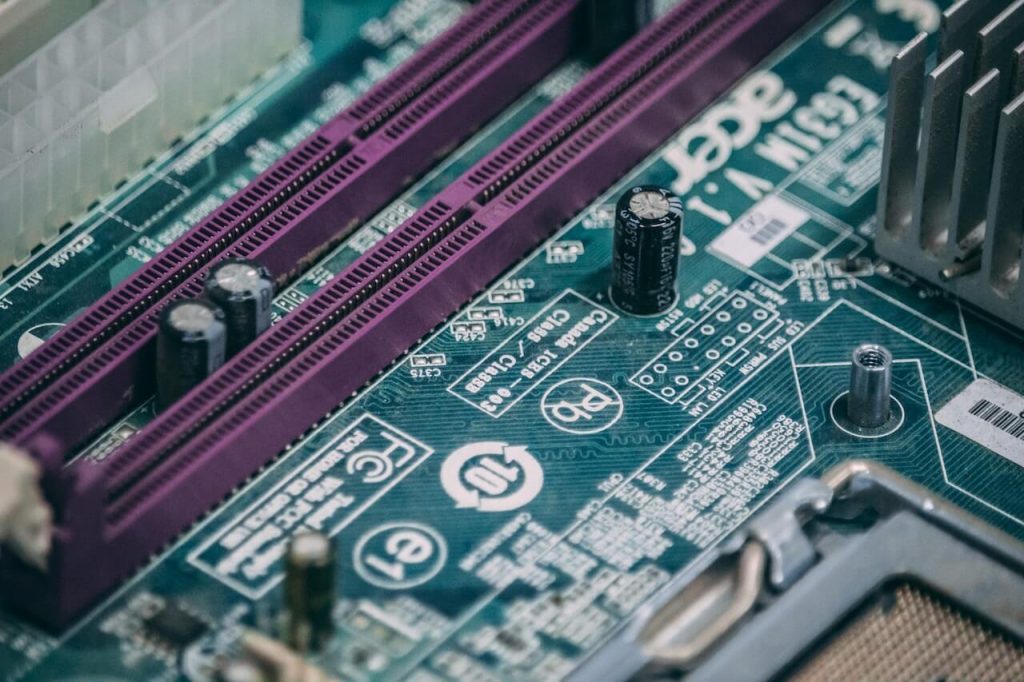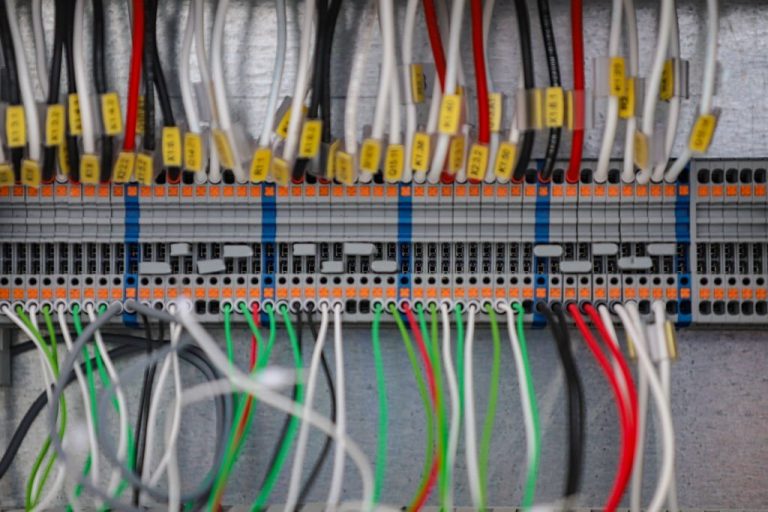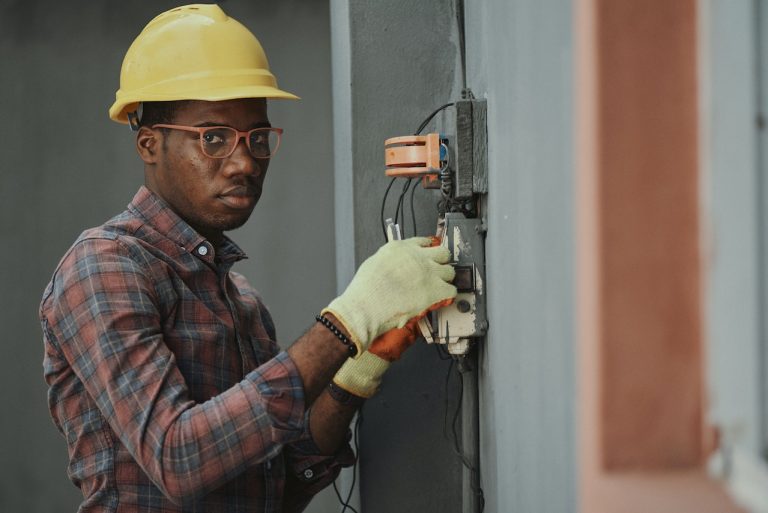
Instrumentation and control
The analysis, measurement, and control of industrial process variables using process control instruments and software tools such as temperature, pressure, flow, and level sensors, analyzers, electrical and mechanical actuators, Human-Machine Interfaces (HMI), Piping and Instrumentation Diagram (P&ID) systems, automated control systems, and more are referred to as instrumentation and control.
All industrial and manufacturing activities revolve around instrumentation and process control. Every process in a manufacturing plant needs to be closely watched and managed in order to move forward in a way that is both safe and optimized.
Areas we focus on.
Level Control & Monitoring
Equipment for regulating and measuring flow Using level-detecting sensors that send the information to a control panel or monitor controlled by the control engineer, it is possible to monitor, detect, and regulate the level of solids, fluids, or gases in tanks, vessels, and compartments. The engineer can remotely operate an electrical or mechanical actuator to change the flow rate in response to an undesirable flow level. Coriolis flow meters, orifice flow meters, and turbine flow meters are a few examples of industrial pressure control equipment.
Pressure control & Monitoring
Pressure control systems use the data collected from pressure sensors to detect changes in process pressure and show the results in Bar, KPa, or other pertinent units. Devices for controlling and monitoring pressure might be mechanically or electrically powered. They are crucial tools that guarantee the security of people and property during industrial activities, especially in those that deal with pressured fluids, liquids, and gases.
Automated control systems
Automated control systems help to manage industrial processes requiring a high degree of accuracy or safety. A control engineer can intermittently monitor automated control processes but does not need to intervene to return the variables to predefined values, as the system is programmed to automatically adjust itself under divergent conditions.
Temperature control & Monitoring
Devices that monitor and regulate temperature keep an eye on changes in the outside air's temperature or the temperature inside measuring surroundings such cabinets, tanks, pipelines, and other machinery. The control and instrumentation engineer can typically view the temperature readings on a dashboard or monitor in modern Human-Machine Interfaces (HMI) or P&ID systems and take any necessary actions to adjust one or more process variables or shut down devices or the entire plant to prevent critical equipment failure or fire hazards.



